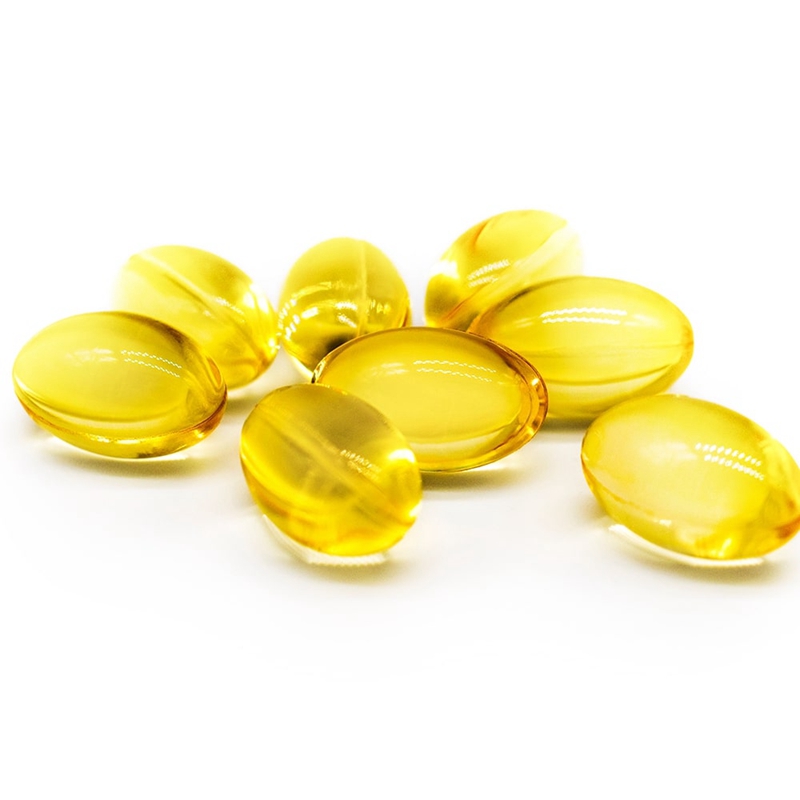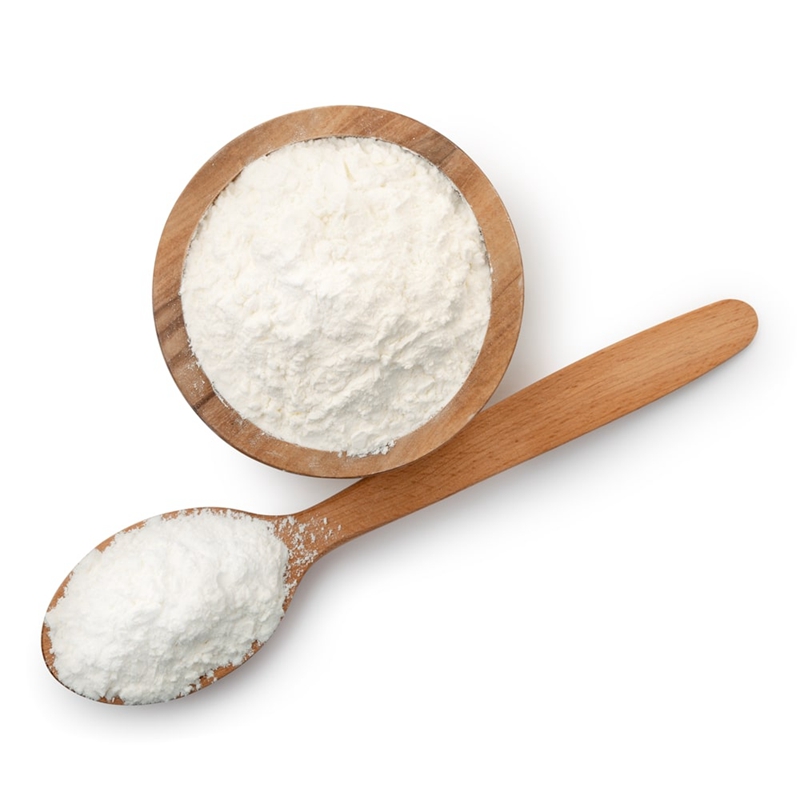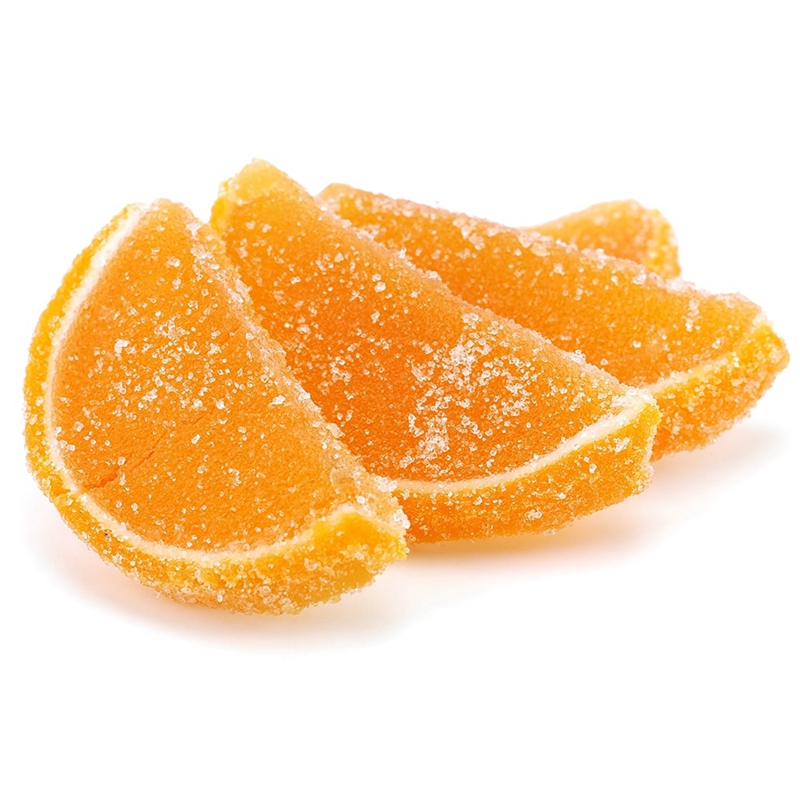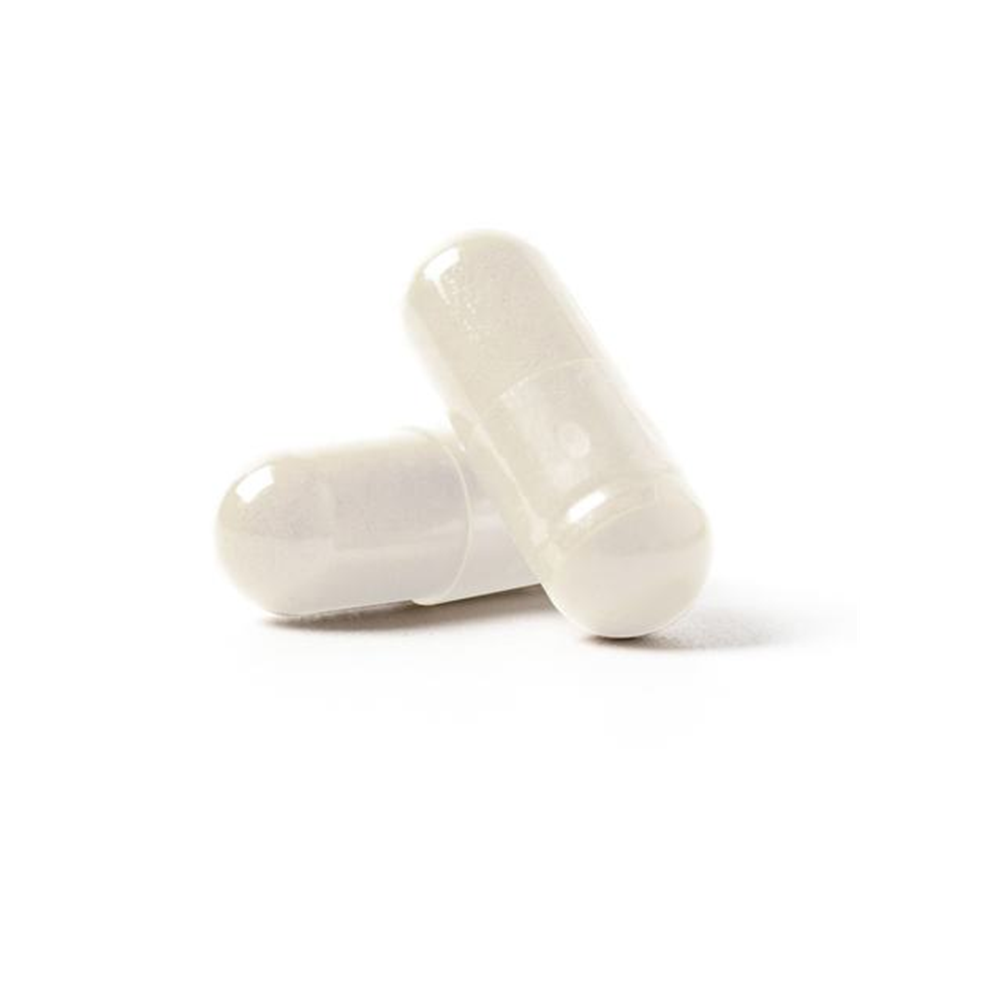
Manufacturer for Glucosamine Tablet - Food Additive Nutritional Supplements Glutamine Powder/ L-Glutamine CAS 56-85-9 – Justgood
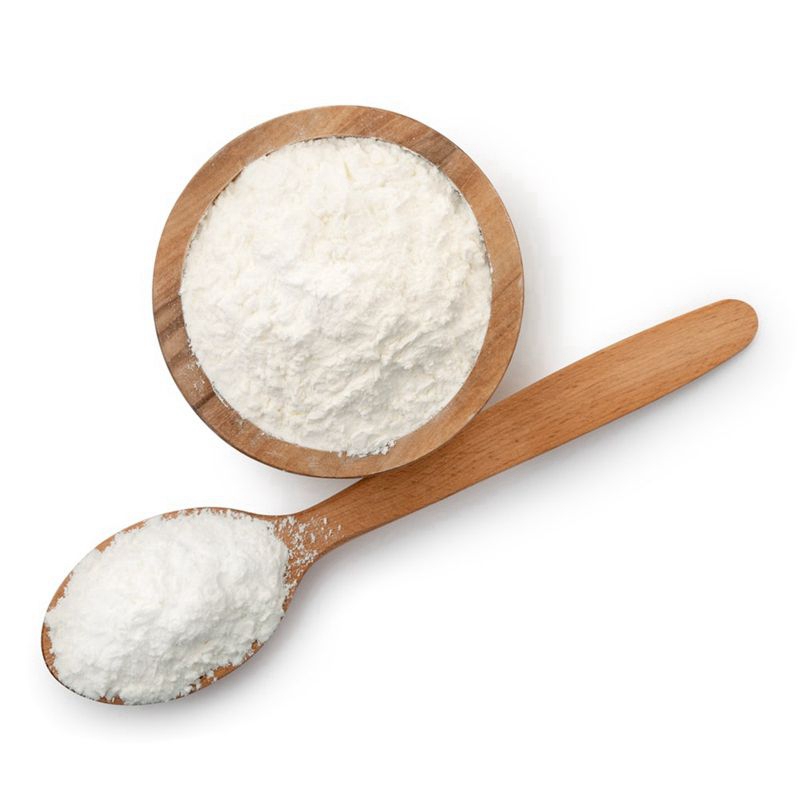
Manufacturer for Glucosamine Tablet - Food Additive Nutritional Supplements Glutamine Powder/ L-Glutamine CAS 56-85-9 – Justgood Detail:
| Ingredient Variation | Glutamine, L-Glutamine USP Grade |
| Cas No | 70-18-8 |
| Chemical Formula | C10H17N3O6S |
| Solubility | Soluble in Water |
| Categories | Amino Acid, Supplement |
| Applications | Cognitive, Muscle Building, Pre-Workout, Recovery |
Glutamate levels are tightly controlled. Any imbalance, whether too much or too little, can compromise nerve health and communication and can lead to nerve cell damage and death and a host of other health problems.
Glutamate is the most abundant excitatory neurotransmitter in the brain and is necessary for proper brain functioning. Excitatory neurotransmitters are chemical messengers that excite, or stimulate, a nerve cell, making it able to receive critical information.
Glutamate is made in the body’s central nervous system (CNS) through the synthesis of glutamine, a glutamate precursor, meaning it comes before and indicates the approach of glutamate. This process is known as the glutamate–glutamine cycle.
Glutamate is necessary for making gamma aminobutyric acid (GABA), which is a calming neurotransmitter in the brain.
Supplements that can help increase your glutamate levels include:
5-HTP: Your body converts 5-HTP into serotonin, and serotonin can enhance GABA activity, which may affect glutamate activity. Glutamate is the precursor to GABA.
GABA: The theory goes that since GABA calms and glutamate stimulates, the two are counterparts and that imbalance in one impact the other. However, research has yet to confirm if GABA can correct imbalances in glutamate.
Glutamine: Your body converts glutamine into glutamate. Glutamine is available as a supplement and can also be found in meat, fish, eggs, dairy, wheat, and some vegetables.
Taurine: Studies on rodents have shown that this amino acid can alter levels of glutamate. Natural sources of taurine are meats and seafood. It is also available as a supplement and is found in some energy drinks.
Theanine: This glutamate precursor may lower glutamate activity in the brain by blocking receptors while boosting GABA levels.11 It’s naturally present in tea and also is available as a supplement.

Product detail pictures:

Related Product Guide:
We regularly perform our spirit of Innovation bringing progress, Highly-quality making certain subsistence, Administration marketing benefit, Credit score attracting customers for Manufacturer for Glucosamine Tablet - Food Additive Nutritional Supplements Glutamine Powder/ L-Glutamine CAS 56-85-9 – Justgood , The product will supply to all over the world, such as: Yemen, USA, South Korea, We critically promise that we deliver all the customers with the best quality solutions, the most competitive prices and the most prompt delivery. We hope to win a resplendent future for customers and ourselves.
In general, we are satisfied with all aspects, cheap, high-quality, fast delivery and good procuct style, we will have follow-up cooperation!



